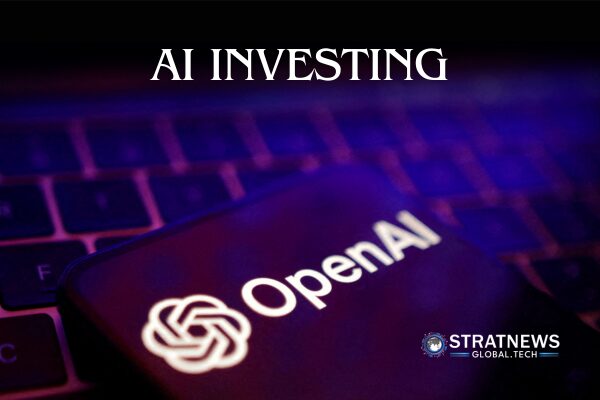Retail Investors Turn to ChatGPT for Stock Picks Despite High Risks
As ChatGPT approaches its third anniversary, retail investors are increasingly turning to the tool to pick stocks. Surveys suggest at least one in 10 investors now use a chatbot for financial decisions, helping fuel a rapid rise in the robo-advisory market. Yet even supporters caution that artificial intelligence cannot replace traditional advisors just yet.
Growing Popularity of AI in Investing
Artificial intelligence has given individual investors access to stock analysis once reserved for large banks and institutional players. With AI tools, users can select stocks, track performance and receive investment insights at a fraction of the cost of professional platforms.
The global robo-advisory market, which covers fintech firms, banks and wealth managers offering algorithm-driven financial advice, is expected to grow sharply. Revenues could rise from $61.75 billion last year to $470.91 billion in 2029, according to Research and Markets, marking a sixfold increase.
Investors Embrace Chatbots but Warn of Gaps
Jeremy Leung, a former UBS analyst, has been using ChatGPT to guide his portfolio since leaving the Swiss bank. Without access to expensive tools like Bloomberg terminals, he relies on prompts to assess company strengths and weaknesses. However, he admits the chatbot cannot access paywalled data and may miss crucial details.
He is not alone. A survey by broker eToro of 11,000 investors worldwide found that half would consider using AI tools such as ChatGPT or Google’s Gemini to help manage portfolios. Thirteen percent already do so. In the UK, research by Finder showed that 40% of respondents had used chatbots for personal finance advice.
Even so, ChatGPT itself advises users not to rely on it for professional financial guidance. OpenAI, its creator, has not released figures on how many investors use it for stock picking.
High Rewards but Greater Risks
Some experiments highlight the tool’s potential. When Finder asked ChatGPT to build a basket of high-quality stocks in 2023, the 38 selected names, including Nvidia, Amazon, Procter & Gamble and Walmart, gained almost 55%. That outperformed the average return of the UK’s 10 most popular funds by 19 percentage points.
Yet analysts warn against overconfidence. Dan Moczulski, UK managing director at eToro, said the real danger comes when people treat generic models as if they can predict the future. He stressed that only AI platforms specifically trained on financial data can minimise risks such as misquoting figures or relying too heavily on past market trends.
While US markets remain near record highs, many investors acknowledge the dangers. Stock picking with ChatGPT still requires financial knowledge, and users risk making costly mistakes before learning how to manage prompts effectively.
As Leung notes, the excitement surrounding AI-driven investing has opened opportunities, but it remains unclear how prepared retail investors are for market downturns. Without proper risk management, many could be left exposed if conditions change suddenly.
with inputs from Reuters


